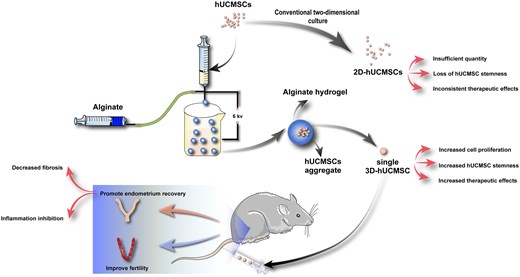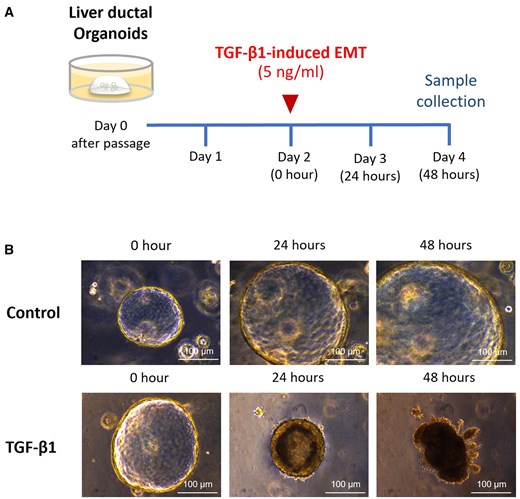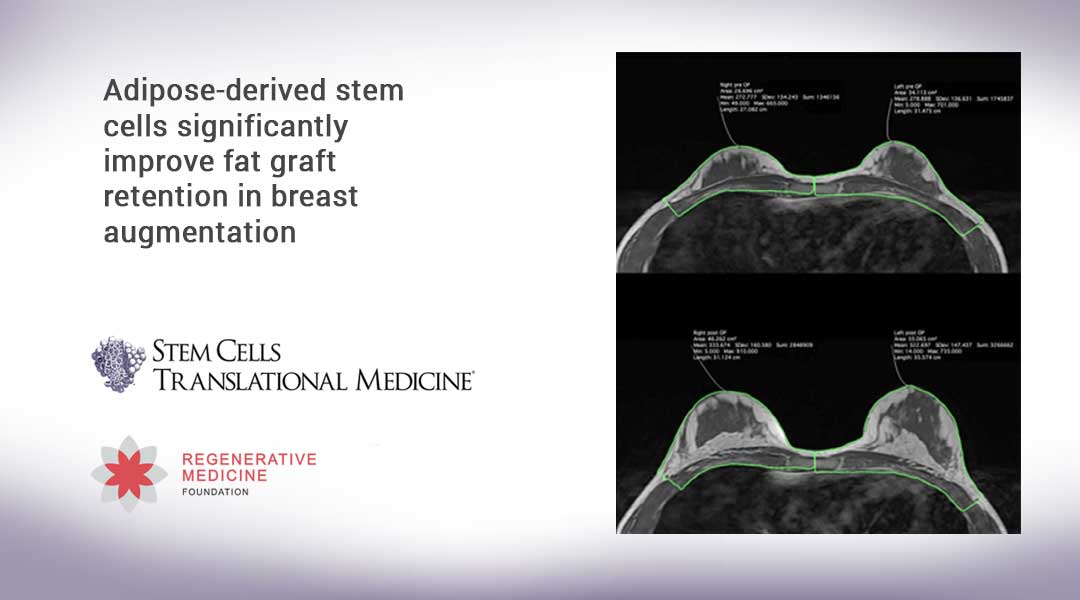By Stem Cells Translational Medicine –
Abstract
Therapeutic application of mesenchymal stem cells is emerging as a potential strategy for the management of intrauterine adhesion (IUA). However, conventional 2D cultures often face issues such as insufficient cell quantities and suboptimal efficacy. In this study, we investigated the potential of microencapsulated 3D culture in enhancing the proliferation and stemness of human umbilical cord-derived mesenchymal stem cells (hUCMSCs), and their potential augmentation for antifibrotic treatment of IUA via the transforming growth factor beta 1 (TGF-β1)/Smad3 signaling pathway. Here, hUCMSCs were encapsulated in sodium alginate shells, and the microencapsulated 3D culture of hUCMSCs (3D-hUCMSCs) was harvested after removal of the encapsulation. We assessed the amount, cell proliferation, and the stemness gene expression of 3D-hUCMSCs and 2D cultured hUCMSCs. Subsequently, the therapeutic effect of 3D-hUCMSCs was evaluated by specific staining and mating experiments in the IUA mouse model. The expression of the TGF-β1/Smad3 signaling pathway was analyzed by western blot and quantitative real-time polymerase chain reaction. Our results showed that microencapsulated 3D culture significantly enhanced cell proliferation and elevated stemness gene expression, compared to traditional 2D culture. Furthermore, the endometrial thickness and number of glands increased, and the endometrial fibrosis and inflammation ameliorated in 3D-hUCMSCs administration. Moreover, 3D-hUCMSCs significantly inhibited the expression of the TGF-β1/Smad3 signaling pathway and restored the fertility. These findings indicate that microencapsulated 3D culture enhances cell proliferation and stemness of hUCMSCs. The 3D-hUCMSCs improved the endometrial recovery in structure and function. Microencapsulated 3D culture promoted the antifibrotic and anti-inflammatory effects of hUCMSCs in the treatment of IUA. This study introduces a novel strategy of microencapsulated 3D-hUCMSCs for IUA treatment.




